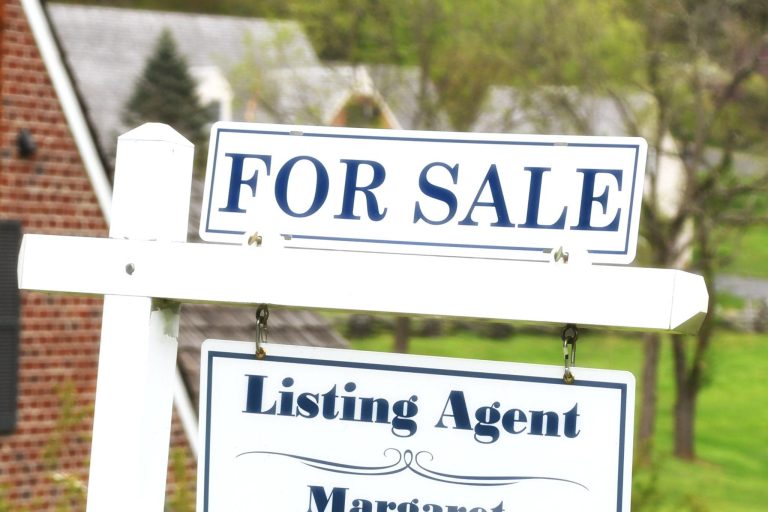So, you’ve finally saved up enough dough to secure a deposit on a home. You’re officially one step closer to becoming a first time homeowner.
First of all, you deserve one big, fat, huge congratulations. It is an incredible feat, especially in the post-pandemic age of overburdening inflation, with prices of property ever growing worldwide.
After the music has died down on your serious financial accomplishment, it’s likely you’ll be left with a plethora of questions as to what to do next. Let’s stop anxiety forming in its tracks with a nifty breakdown of everything you need to know as a first home buyer.
First of all, it’s absolutely imperative to conduct a thorough analysis of your finances before making any decision whatsoever.
Wait, so how much is really enough?
Property prices in the US have risen since the pandemic, so it’s understandable that it’s getting increasingly difficult to save up a house deposit. While it may be tempting to opt for the bare minimum of 10% to cover your deposit, you’ll be better off in the long run if you secure a deposit of 20%, as it’ll save you having to pay the lender’s mortgage insurance.
You’ll need to calculate exact figures for your family budget to ascertain your regular mortgage repayment amount. An online budget planner/calculator is an imperative place to start. It’s also best practice to set up a savings account. Alternatively, depending on where you live, you may have access to government initiatives that can help give your deposit a little boost. For example, first home buyers in Australia can use the First Home Super Saving Scheme, for up to $30,000 worth of savings.
You may be entitled to concessions
Speaking of real estate in Australia, there are a number of concessions available if you’re purchasing property in Victoria, depending on your situation. These include the First Home Owners Grant, Stamp/Land Transfer Duty concessions, First Home Super Saver Scheme, Homebuyer Fund, Principal Place of Residence duty concession, First-home owner with family exemption/concession, Off-the-plan concession and First Home Guarantee.
A crucial concession for all first homebuyers is the First Home Owner Grant. You may be eligible for the $10,000 grant, if you are buying or building a new home valued up to $750,000, in Victoria. It’s also necessary that the home must not have been previously sold or occupied – thereby a new property.
You might also be eligible for other concessions depending on where you buy, such as in rural Victoria. See Regional commercial, industrial and extractive industries property concession. You might also be entitled to a concession if you’re a pensioner, part of the Defence force, or are intending to purchase a farm.
If you’re struggling to afford the basis of home ownership for property in Victoria, consider the Victorian Homebuyer Fund.
If you’re anything like me, chances are you’re already completely overwhelmed with all the information. With so many concessions and schemes to consider, it’s not at all surprising and actually completely normal to be confused.
When all else fails, hire an expert. Or if you’re like me, hire an expert from the beginning to avoid the headache. Real estate agents are often more partial to property sellers. You may be better suited to reach out to what’s called a buyer’s advocate.
Consider Working With A Buyer’s Advocate
Firstly, what is a buyer’s advocate? No judgments here by the way. We are all taking baby steps together. Remember, there is a first time for everything and it’s completely expected that with a commitment this significant, that you’ll be questioning and learning for months, perhaps even years before you have established your position.
A buyer’s advocate is also a licensed real estate agent, only they act for buyers only. Regular real estate agents act on behalf of the vendor; often sellers. Buyer’s Advocates often bid at auctions, search for properties that are both on and off the market, conduct inspections prior to recommending inspections for you, review properties you have found for potential purchase and negotiate with the vendor’s agent where applicable.
Crucially, they can also help explain to you the myriad of options and break down dozens of definitions, to help you understand everything you need to know. Consider the use of a buyer’s advocate as a financial investment.
A notable difference between a real estate agent and a buyer’s advocate is that while a real estate agent may provide you with properties to inspect in any given area, a buyer’s advocate will rather assess the property for its long term performance and suitability to you and your family’s unique needs. Advocates can also assess your preferred area, ensure no big developments or changes will affect your potential new home, ensure pest and building inspections are complete, bid at auctions on your behalf and negotiate with the vendor in instances of private sales.
While there are so many things to consider when it comes to buying your first home, consider the use of a professional to guide you in your journey. These factors are only the beginning in the world of first home ownership. Do your research always and take your sweet time with this literally gigantic investment.
For specific financial advice seek professional services at all times. The advice in this article should be taken only as a rough guide.

